Charles Pakana (Victorian Aboriginal News): One of the important aspects of the referendum is that while many outspoken people seem to automatically divide the electorate into First Nations and colonisers, too many tend to ignore the fact that according to the ABS, three in 10 Australians were born overseas. Add to that the number who are second or third-generation Australians, and the percentage escalates dramatically.
Joining us today on The Referendum 23 Tapes podcast is Carlo Carli, the Chairman of the Federation of Ethnic Communities Councils of Australia. Carlo, welcome to the podcast.
Carlo Carli (Federation of Ethnic Communities’ Councils of Australia): Thank you so much, Charles.
Charles: Carlo, really interesting, I first came across a lot of your work in relation, or comments in relation to the referendum recently in response to comments made by Warren Mundine. Now, Warren, as many people know, is leading a group that wants, among other things, migrants alongside First Nations people, to be recognised in a preamble to the Constitution instead of the Voice to Parliament.
Now, you came out against that, stating that it was a distraction and that FECCA had not been consulted. Do you consider this to be a strategy on the part of the No campaign?
Carlo: I think it was an ill-fated strategy in the sense that Warren Mundine came out and suggested that migrant communities might want to push for the recognition in a preamble. And I also would like to remind everyone that there was an attempt to put a preamble up in the 1999 referendum, the Republic Referendum. Two questions, one was about the Republic, the other was about a preamble. And in that preamble there was a comment about recognising the contribution of immigrant communities.
And I think it is a distraction, and I think it’s a red herring, and no one’s talking about preambles at the moment. I mean, the issue at stake is the Voice to Parliament.
And I must say that FECCA’S position came out of its own conference last year. We had 800 individuals and organisations represented in Melbourne, and this was a really key issue. We actually had The Voice there. We had Professor Megan Davis and others come to speak to the delegates and it was overwhelmingly supported.
And I think that there are a number of reasons for that. One is that a lot of immigrant groups have come seeking refuge in Australia and as refugees or economic refuge. And while they’ve welcomed their time, they’ve also come to recognise that Australia’s been built on this possession, massacre, the invasion of this country. And I think that there’s a natural empathy. They’re almost natural allies of our indigenous people.
So I think that that conference really demonstrated that it was just overwhelmingly, there was no dissent at all in terms of people wanting to support the constitutional Voice to Parliament. And there was a recognition that people did not come here as invaders, they came here to seek refuge, but they recognised that the invasion had happened and its consequences are being felt today. And it’s time we had a genuine reconciliation with First Nations.
Charles: You have mentioned several times, in the past, that many migrant communities are in fact natural allies, hence the support for the Uluru Statement and the constitutionally enshrined Voice to Parliament is a natural thing. Are there particular sectors of the ethnic community that you think are more strong than others?
Carlo: I do. I think that refugee communities feel it the most. People who have actually experienced the brutality of colonialism or the brutality of dispossession, I think, they obviously share an experience that makes them have empathy with First Nations. I think other immigrant groups that present some level of political risk as well. So when I say they’re natural allies, I think some groups are natural allies because the experience of colonisation, invasion or disposition, while different, is something that they have felt.
I think with other groups that the problem becomes that they do not have enough understanding of the struggle of indigenous rights, Mabo, the various land rights issues, the 1967 referendum, all those things that have really been central to a period of immense struggle for rights. While I don’t think that they’re oppositional, I do think that there is a risk with those people that if you start making the issues too complex and throwing in a whole lot of red herrings, that will create confusion and possible opposition.
While I think that there are natural alliances is there, I also recognise that there’s a political risk and FECCA’s role in all of this is to, and the role of community leaders in the ethnic communities, is really to provide genuine education about not only what’s occurred in terms of European colonialism in this country, but also issues around the struggles of our First Nation people.
And I think once you go through that process that they will be sympathetic because they have struggled, and they know what struggle is. So I don’t totally think that overwhelmingly, they’re all going to come across and say, “Yes, we support it”. I think that there are natural allies, and I think others need to understand the social context or the political context of the Voice to Parliament.
Charles: You do represent, to say “a sizable percentage of Australians” would be an understatement, a massive percentage of Australians. How do you and the team at FECCA intend to promote that fair and open communication within your communities? It is a pretty big task.
Carlo: I think that’s right. FECCA is a federation of state-based organisations. And there are many hundreds of organisations that are affiliated, either at the state level or at the regional level. So it’s a big group of people.
My view is that there’s very sophisticated media, and particularly newspaper and radio through those communities. There’s also clearly religious and community leaders. And those are the people that we’re going to draw upon to raise the issues, in many ways to explain issues, and to make it culturally relevant, too. I think it’s really important that we recognise that communities do value elders, they do value ancestry, they do value relationship to the land. And they’re the things that we want to draw upon.
I think it’d be a real mistake to… And I think you introduced the dichotomy, that there’s the First Nation and then there’s the invaders. If you go into that dichotomy, I think we potentially lose the debate. I think you need to see that these waves of migrants have come to this country for, well, reasons of refuge and/or to get economic success. And I think that their understanding of that has to become, it was built on dispossession, it was built on massacre, it was built on those things. Not that they themselves created it because in many cases they’ve come from brutal experiences themselves.
So it’s really trying to say, “Let’s have a discussion, and let’s not try to polarise it in a really brutal way. But really, let’s understand the social context and the political struggle that has occurred over not only the period of colonisation, but also the actual foundation of Australia 1901 and the really key moments, where we’ve seen change and we’ve seen positive change in favour of our First Nations.
Charles: Do you think though, and I’m going to ask you to rely on the experience you have, first of all, with a degree in journalism and also your, what, 16 years in government, is the media really up to the task of presenting this fair and open manner? Because let’s be really open about this, Carlo. The media really has just been grabbing nice, little sound bites and just utilising those to increase the sales, increase the clicks. Are we going to get an open and honest conversation in the media?
Carlo: I think most of the ethnic media, the different language media is actually better equipped in many ways because they don’t need to get the clicks. They’re actually out there and have a relationship to their communities, where they’re trying to explain the Australian reality and helping people to get on in this new country. So in many ways, I think they’re better equipped to do that.
I think we are already seeing, in the mass media, the emergence of click bait. Let’s get as many stories up as possible. Let’s amplify whoever wants to have a say if it creates controversy. And that is no way to present it. I mean, the media has a much more responsible role to explain and to put things in context. And I think it’s a product of the online world because the media now, rather than carry news, is competing for clicks. And I think in that world, the media is not as responsible as it should be, and they’re not as informed as they should be. And I know that there’s been a number of people making the commentary, I think it was Craig Foster who actually made the comment that the media and all the journalists need to read the material-
That they’re going to ask about things, let them have an understanding, let them actually work out what those issues are. I think that’s true. But as I said, I think that’s probably less true for the ethnic media because I think the ethnic media is fundamentally there to explain and inform and to help communities to get on with it, really to get on with their lives in this new country.
Charles: Carlo, thank you so much indeed for coming onto the podcast. Your input is greatly appreciated.
Carlo: It’s a pleasure to be on. Thank you so much.


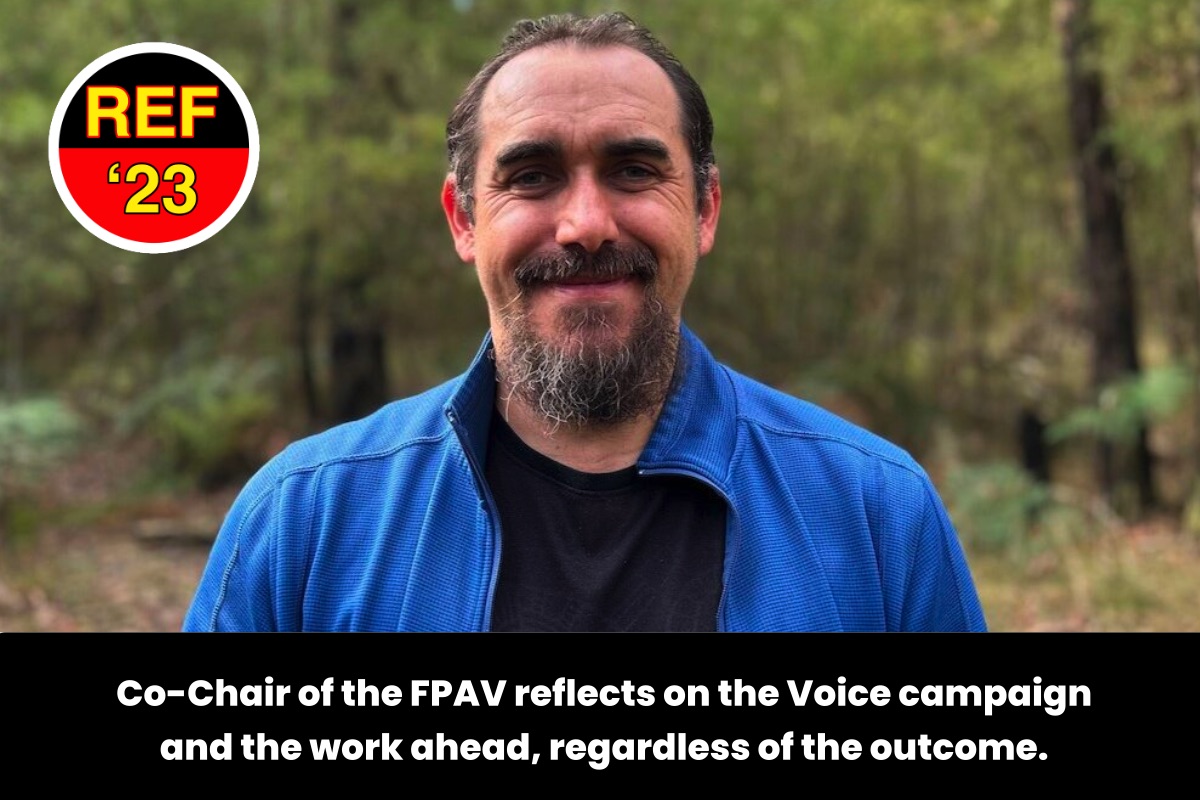
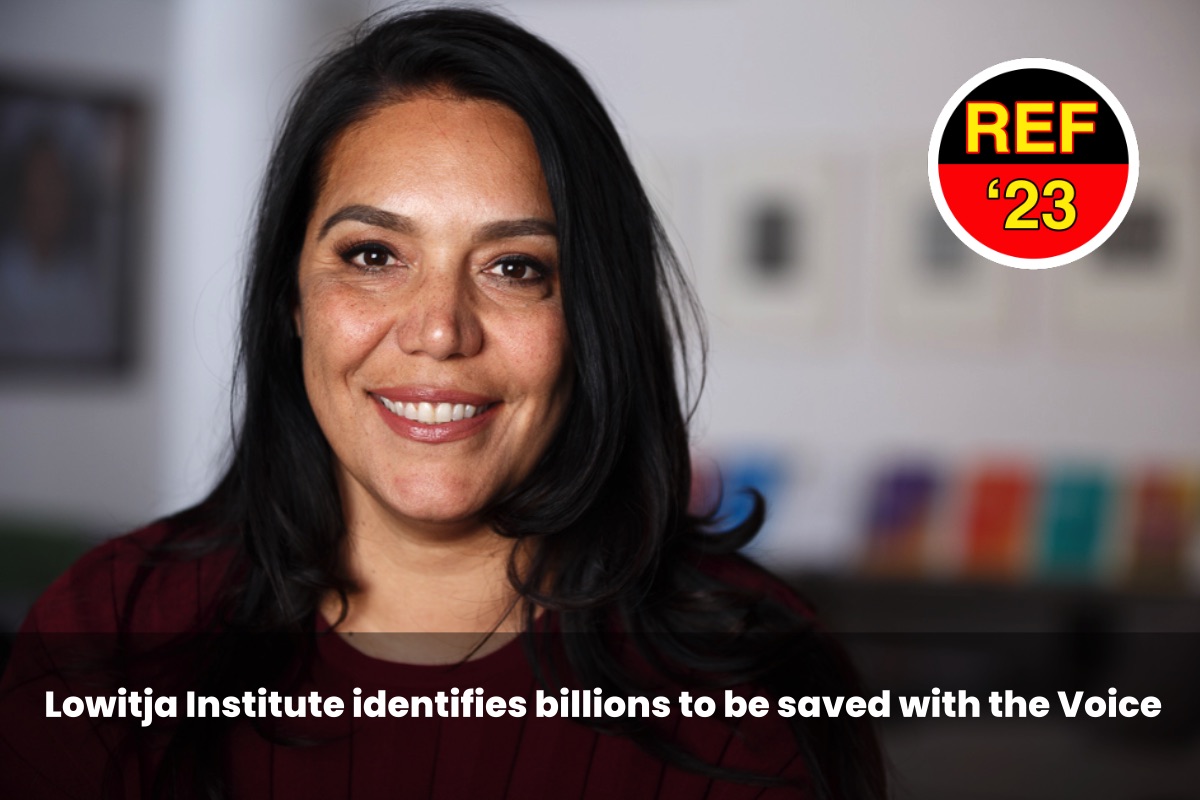
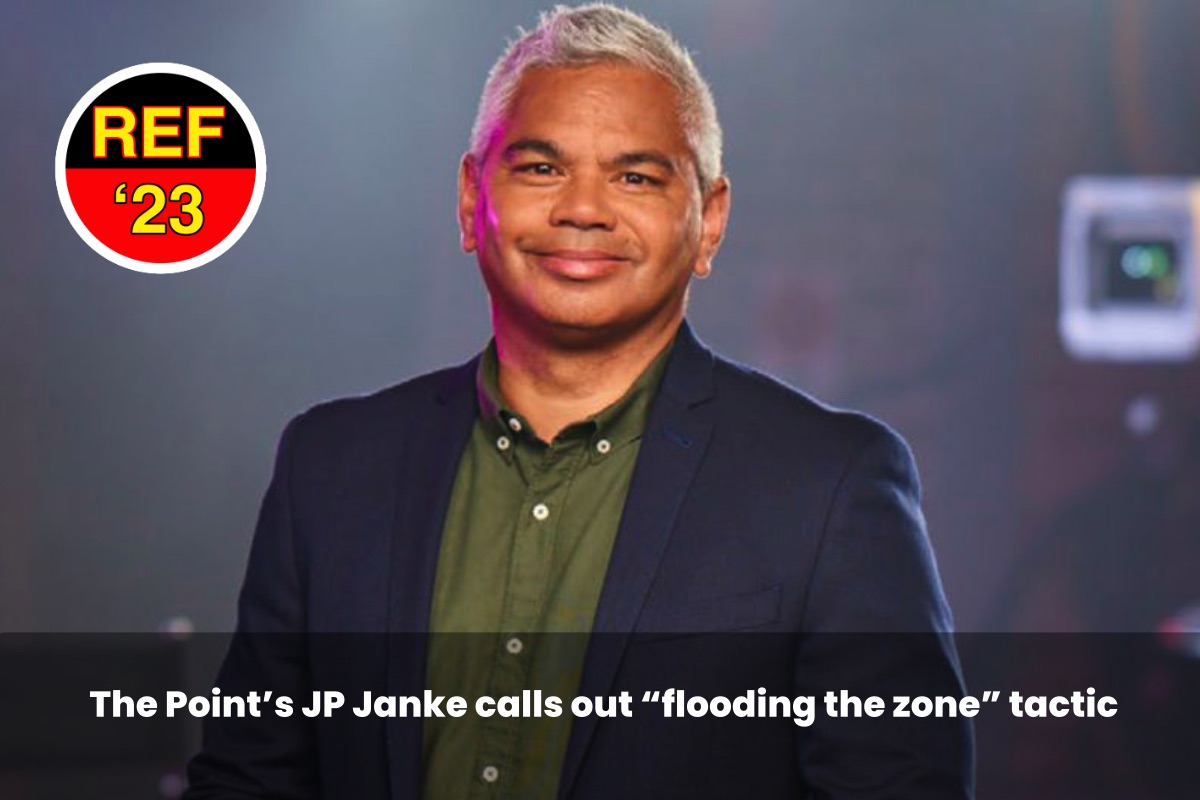
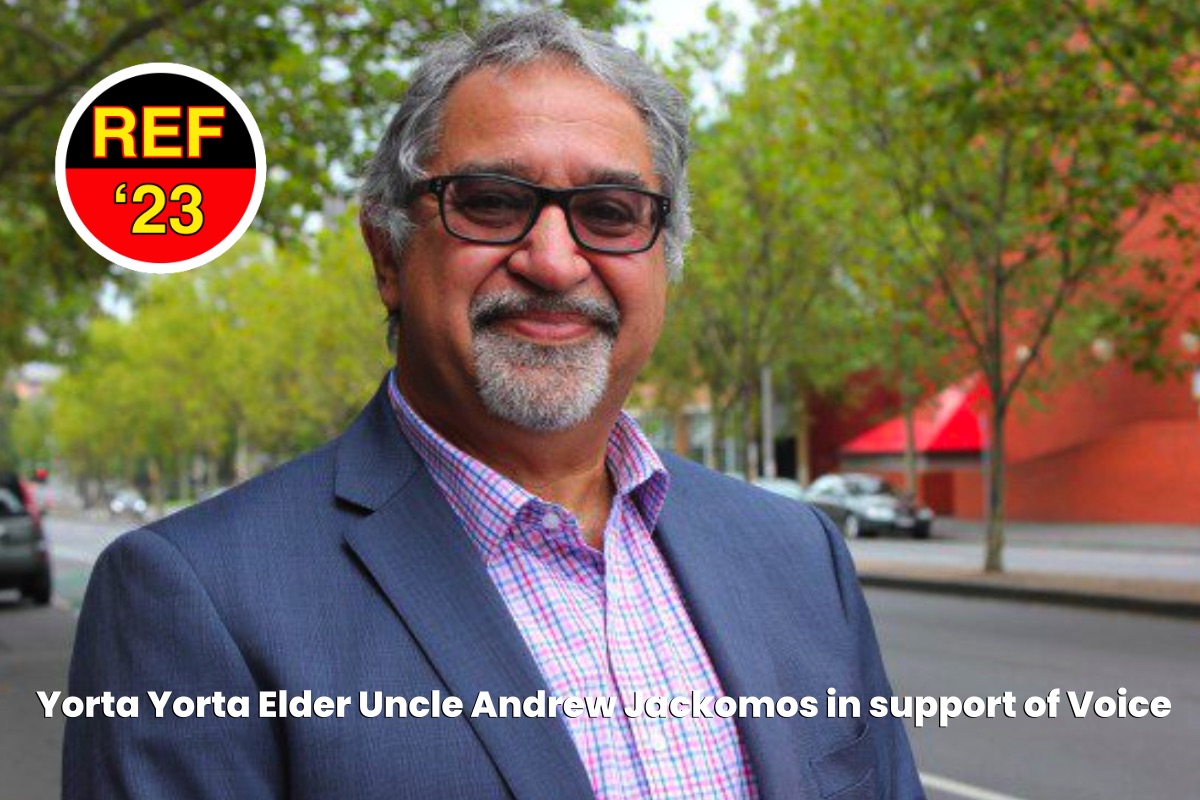
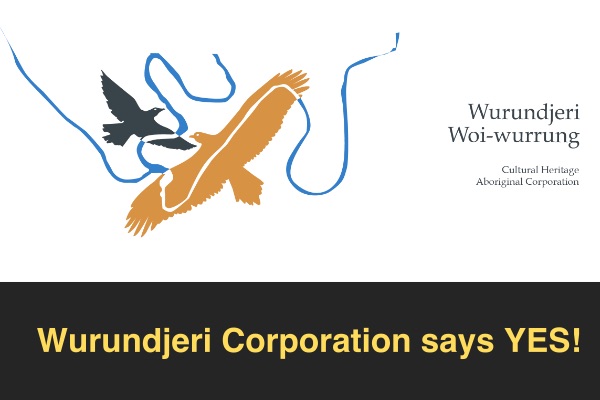

0 Comments